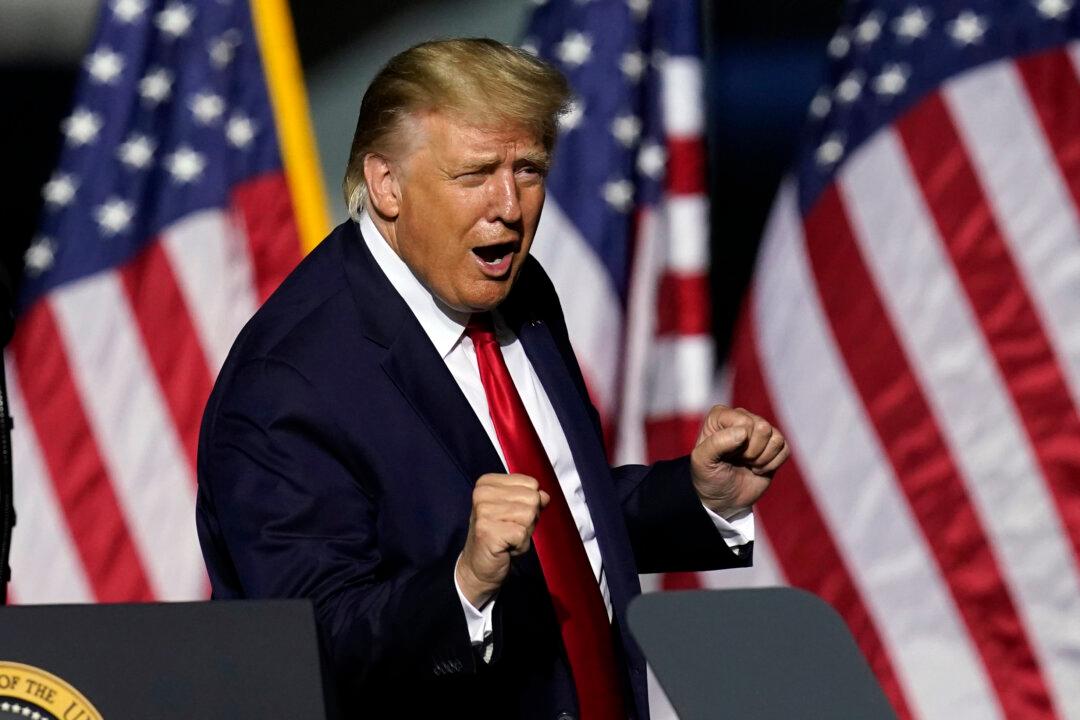President Donald Trump on Saturday will announce his next Supreme Court nominee, the third in his first term.
The Republican is widely expected to choose Amy Coney Barrett, a federal judge in Indiana, to fill the vacancy that opened with the death of Justice Ruth Bader Ginsburg.





